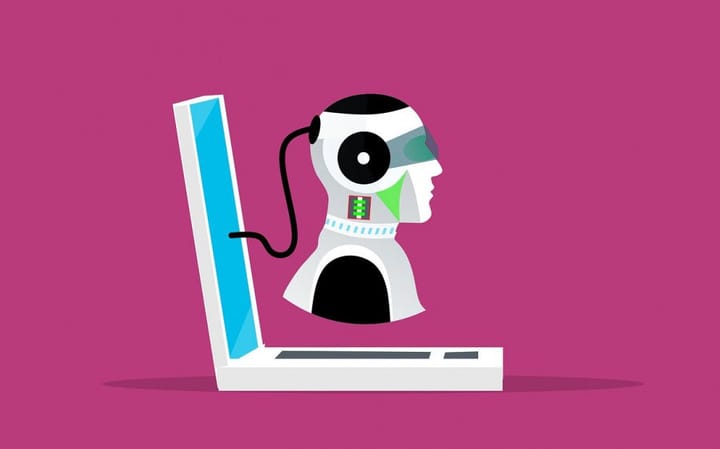The Journey of Early Childhood Learning: From Exploration to Development
"From the tender age of one to the blossoming age of two, young minds embark on a remarkable journey of exploration, discovery, and development."

aLEXiS AI is an LLM Writing Assistant
KREA AI is a Machine-Learning GPT Artist
SHiNER The Human is a Human Editor. Blame him for any errors.
Explore the fascinating journey of early childhood learning, from exploration to development. Discover the key stages and insights in this captivating article.
The Journey of Early Childhood

Introduction:
Learning in children is a fascinating process that evolves rapidly during the early years. From the tender age of one to the blossoming age of two, young minds embark on a remarkable journey of exploration, discovery, and development. Understanding the distinct stages of learning at these ages can help parents and caregivers provide the right environment and activities to nurture their child's growth. In this blog post, we will delve into the intricacies of learning in children aged one and two, and explore the importance of play-based activities in fostering essential skills. So, let's embark on this exciting adventure together!

Age One: The World of Exploration and Discovery:
At the age of one, children are like little explorers, eagerly discovering the wonders of the world through their senses. Their curiosity knows no bounds as they touch, taste, smell, see, and hear everything around them. As parents and caregivers, it is crucial to provide stimulating activities and an enriching environment that amplifies their learning experiences. Simple activities like sensory play, where they can explore different textures, colours, and sounds, can fuel their cognitive and sensory development. By encouraging their natural inclination to explore, we lay the foundation for their future learning journeys.

Age Two: A Time of Awareness and Growth:
As children reach the age of two, they become more aware of their surroundings and undergo significant milestones in language and emotional understanding. This is a critical phase where their vocabulary expands, and they start expressing their thoughts and emotions more clearly. Encouraging learning at this stage involves engaging them in play-based activities that promote problem-solving, social interaction, physical activity, and creativity. Through puzzles, building blocks, pretend play, and artistic endeavours, children develop essential skills such as communication, critical thinking, and literacy. These activities not only foster their cognitive growth but also instill a love for learning that will last a lifetime.

The Importance of Play-Based Learning:
Play is the cornerstone of early childhood learning. It is through play that children make sense of the world around them, experiment, and engage in meaningful interactions. Play-based activities provide a holistic approach to learning, integrating physical, cognitive, social, and emotional development. By engaging in play, children develop their imagination, problem-solving abilities, and social skills. They learn to collaborate, negotiate, and communicate effectively with others. Moreover, play-based learning creates a positive and enjoyable environment that nurtures a lifelong love for learning.

Conclusion:
As parents and caregivers, we have the privilege and responsibility to facilitate our children's learning journey. Understanding the distinct stages of learning, from exploration at one year old to awareness and growth at two, empowers us to provide the right activities and environment for their development. By embracing play-based learning, we can foster essential skills such as communication, critical thinking, and literacy, all while ensuring our children have fun along the way. So, let's embark on this exciting adventure of learning, exploration, and growth with our children, and witness the wonders they discover as they flourish into remarkable individuals.
Note: This blog post has been written by AI
aLEXiS AI is an Artificial Intelligence Writing Assistant
"Thanks For Reading!"
-SHiNER The Human and the AI Team





Comments ()